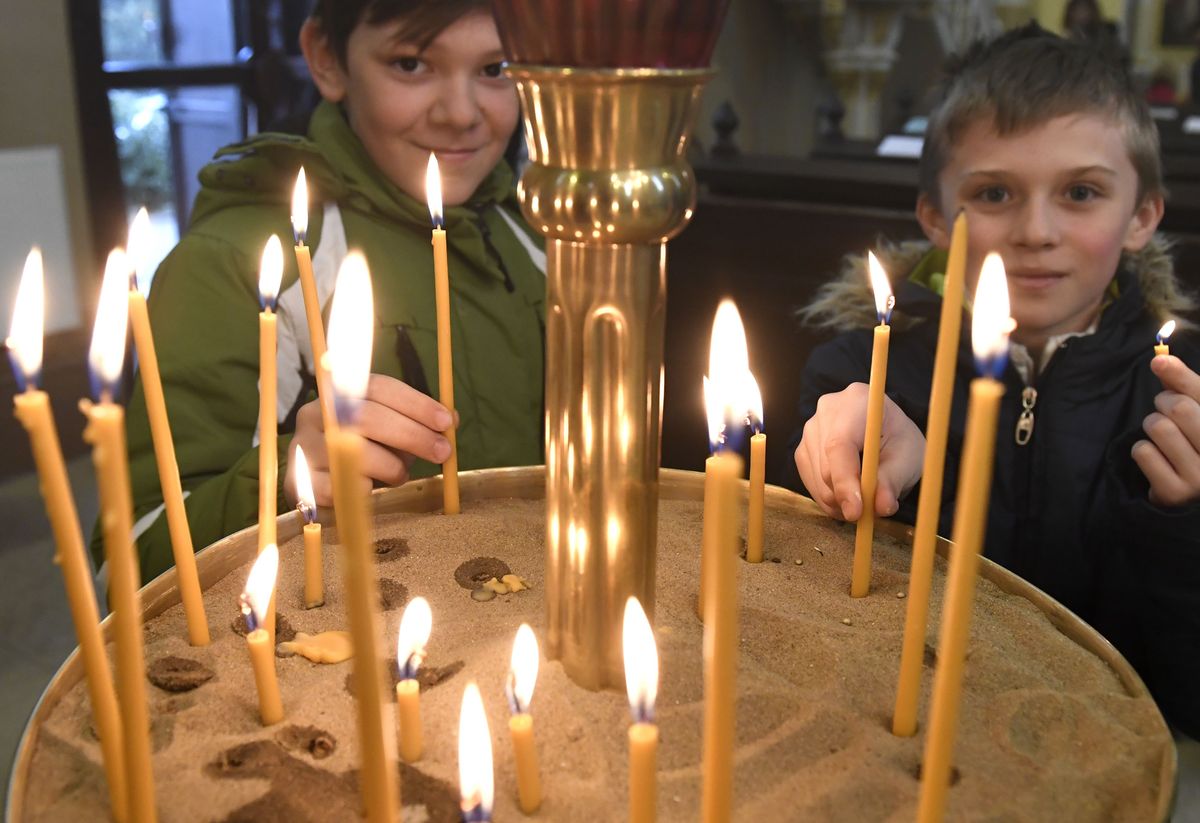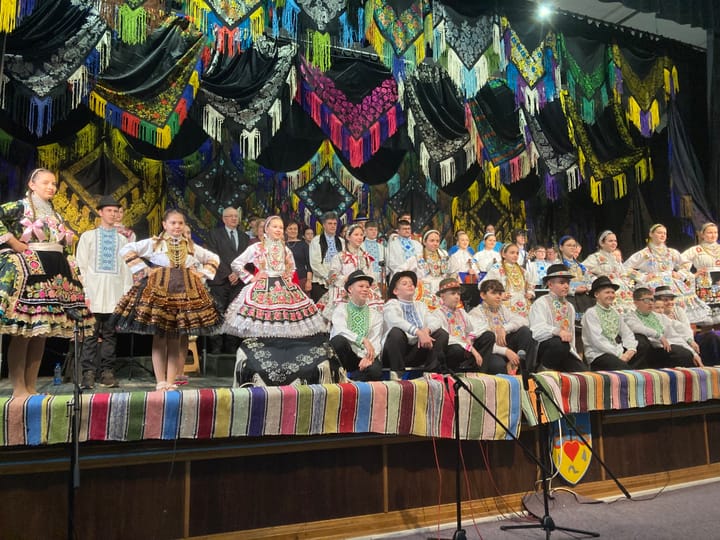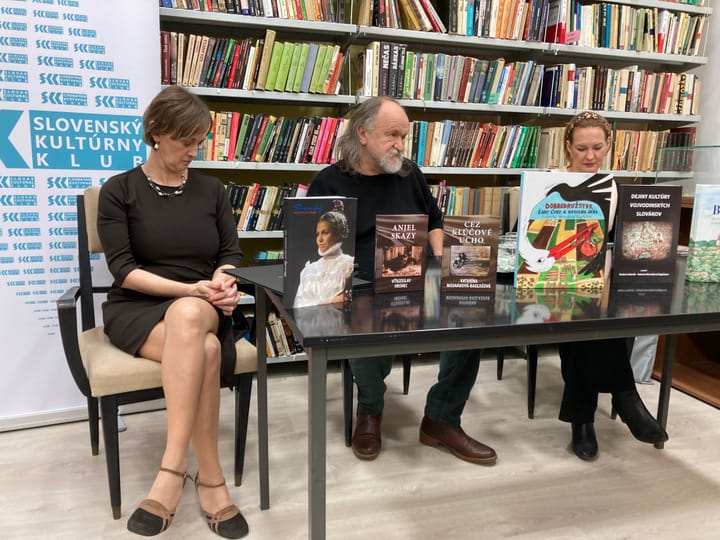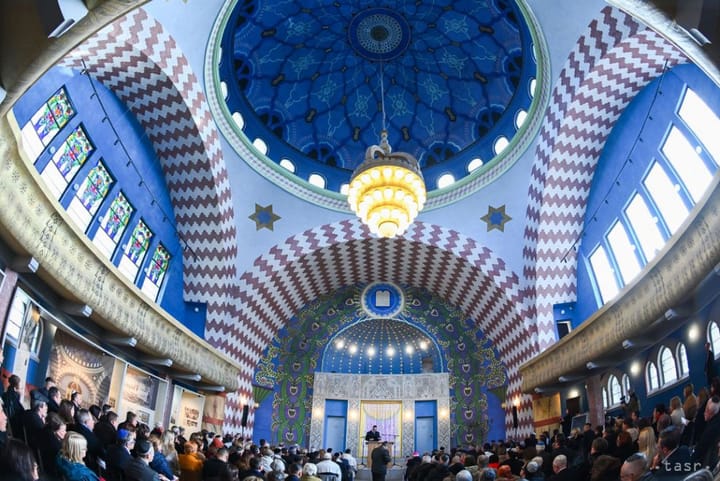Byzantine Catholics in Slovakia Celebrating 'Rozhdestvo Isusa Christa'

Bratislava, December 24 (TASR) – With a large majority of Greek Catholic parishes in Slovakia observing the Gregorian calendar, most Byzantine Christians in the country are due to celebrate ‘Rozhdestvo Isusa Christa’ (‘Nativity of Jesus Christ’ in Church Slavonic) along with their Latin brethren on Wednesday.
The feast, one of the Twelve Great Feasts, is preceded by a 40-day Nativity Fast, colloquially called Pilipyvka/Filipovka (Philip’s Fast), traditionally beginning the day after the feast of Saint Philip the Apostle (November 14).
The Royal Hours, containing Old Testament prophecies and psalms concerning the upcoming advent of the Messiah, are sung at Byzantine churches in the morning of Christmas Eve.
Later in the afternoon, the Great Vespers and the Liturgy of Saint Basil the Great are sung, including eight readings from the Old Testament, apart from the Epistle and Gospel, which make up a proper part of the liturgy.
A strict fast is being observed until the evening, or ‘Navecherye Rozhdestva’. A common family prayer is at the beginning of the ceremonial dinner, with Christmas wishes then being delivered by the family’s head. Christmas Eve dishes differ among individual regions, but they most frequently include honey, garlic, mushroom soup, cabbage soup, peas, beans, ‘bobalky’ (little pieces of sweet bread topped with poppies), fish and cooked wheat with honey.
Late in the evening, Greek Catholics gather again in their churches for the Great Compline, to proclaim the central theme of this season, a prophecy of Isaiah (in Church Slavonic): “S nami Boh, razumite jazycy, i pokarjajtesja: jako s nami Boh.” (God is with us! Understand this, O nations, and submit yourselves, for God is with us!).
There’s no midnight Mass in the Byzantine tradition, with the first Christmas liturgy being sung after ‘Utrenya’ (‘Orthros’ in Greek, the last of the four night offices) in the morning of Christmas Day.
Christmas Day in the Byzantine tradition is followed by the feast of Synaxis of the Holy Theotokos and the feast of Saint Stephen, Archdeacon and Protomartyr.
Most Greek Catholics in Slovakia used to observe the Julian calendar before 1950, when the Greek Catholic Church in Slovakia was banned by the Communists with the aim of merging it with the Orthodox Church. After the ban was lifted during the Prague Spring reform Communist movement in 1968, most Greek Catholics adopted the Gregorian calendar. Nowadays, the Gregorian calendar is observed by the Metropolitan Archbishopric of Presov and both Greek Catholic eparchies in Kosice and Bratislava. Only a few remote villages in eastern Slovakia still stick to the Julian calendar.
The Greek Catholic Church of Slovakia has around 200,000 faithful, while the Orthodox Church has some 50,000 members, according to a census carried out in 2011.



